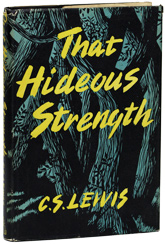 by Fr. Lawrence Farley –
by Fr. Lawrence Farley –
One of the benefits of reading history is that it enables one to compare one’s own era with other eras, and so identify the blind spots of former times and as well as the blind spots of one’s own time. As C.S. Lewis once pointed out (in his essay On the Reading of Old Books), “Not that there is any magic about the past. People were no cleverer then than they are now; they made as many mistakes as we. But not the same mistakes. They will not flatter us in the errors we are already committing, and their own errors, being now open and palpable, will not endanger us.”
Comparing our own age to those of previous ones (and even our own North American culture to other contemporary cultures) reveals what is perhaps the defining characteristic of our society—its coldness. Men and women in previous ages sang while they worked, and while they walked down the road. They greeted strangers in the street, and asked God’s peace upon them. They retired and rose with the sun—and awoke refreshed. It was normal even to arise at midnight to pray.
As you may have noticed, no one in our cities sings while they work; I have driven by many people working on road construction and have not heard them rend the air with their songs even once. Our grandmothers sang hymns while they baked bread; their granddaughters never fill their houses with music while they do their chores. At best the television drones on in the background with its usual mindless blather, or the radio tells us what traffic jams to avoid. And it goes without saying that we no longer hail strangers and invoke God’s peace upon them when we see them; strangers are regarded as somewhat fearful and we tell our children not to speak to them.
Prayer, which is still a component part of public life in India and Saudi Arabia, has been banished from our own streets, our workplaces, and our schools, and we have groups which stand sentinel to detect and eliminate the faintest wisp of faith in the public square.
Prayer has been banished from our own streets, our workplaces, and our schools
It all reminds me of a remark uttered by Merlin in Lewis’ science-fiction work That Hideous Strength. That ancient Celtic magician had been awoken from a long slumber to help defeat dangerous enemies. He suggested that they appeal to the priests and bishops of England for help, only to learn that the Christians were but a tenth part of the people. He suggested then that they seek help from a Christian prince from over the sea, only to be told that there was no Christian prince left, and that the disease of secular poison had infected the other countries as well. He suggested next that they appeal to the Emperor, whose office it was to put down tyrants and give life to dying kingdoms. The reply: “There is no Emperor.” Merlin’s voice died away. Then he said, “This is a cold age in which I have awaked.”
A cold age indeed. Merlin, in Lewis’ story, provides the comparison of our age with previous ages, and allows us to see its essential coldness, barrenness, poverty, and emptiness through his eyes. Most people walking our streets today do not see it—for them, this age is simply normal, for they have nothing else to compare it to. Today is not cold. It is simply today.
at the Divine Liturgy of the Church and in her other services, a fire is blazing, the fire of the divine love of God
Nonetheless, whether acknowledged or not, the coldness has a way of working into our bones and chilling our hearts. It is hard to love God and sing His praise each day when everything around us regards such behaviour as madness or fanaticism. It is hard to love our neighbour when he remains unknown and when bridging the gap is considered faintly dangerous. How then to warm our hearts in this cold age? In the Church. There, at the Divine Liturgy of the Church and in her other services, a fire is blazing, the fire of the divine love of God which burns in His heart for all His children. It is around that hidden brazier that we must huddle, and warm our hands. Only then can our touch not be chilly when we reach out to others. It will still be as cold as ever when we leave the Liturgy and live another six days in this frigid and dying world.
That is all the more reason to return to the fire as often as we can.
HT: OCA Reflections

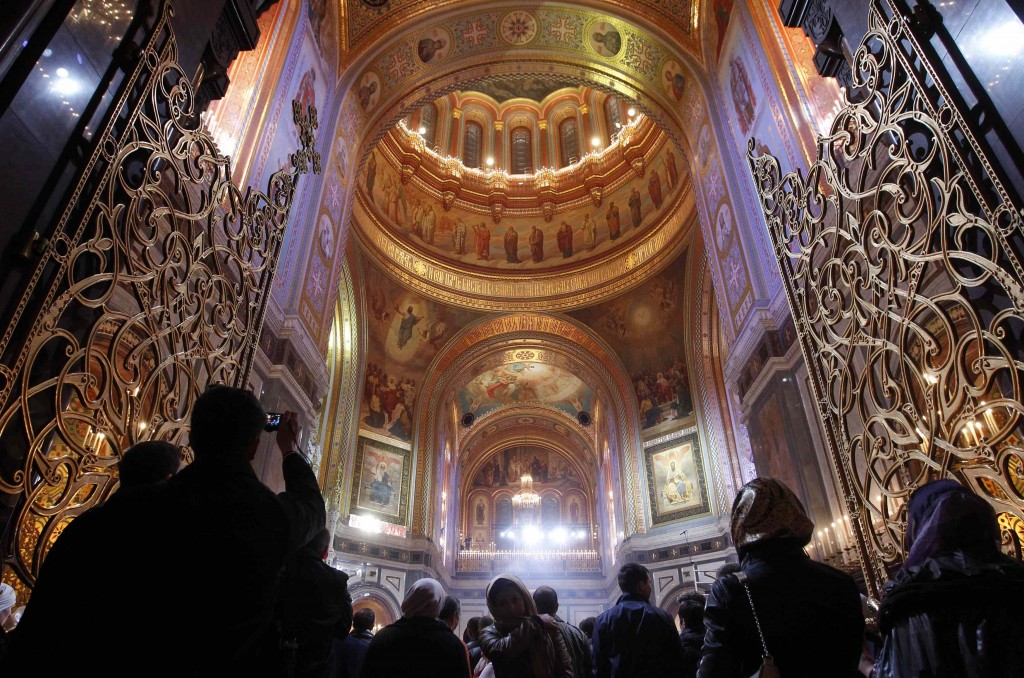
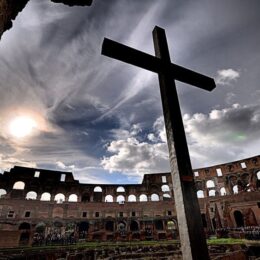
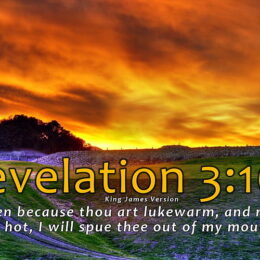
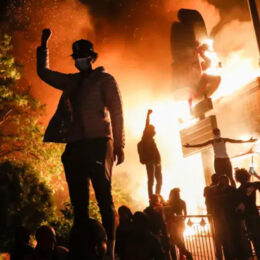
It is indeed a cold age in the sense of the article. But there is the irony. It is an age hot with the passion of entitlement. It is the age of ads and apps, and the masses will squirm their way past each other in big box store aisles without so much as a glance at the other, but only on the things each “deserves.”
As for the Church being the Christian’s remedy for “warming our hearts in this cold age,” let us heed the warning in Revelation of the consequences of being “neither cold nor hot.” If we must be “hot” let it be the packed-down, running over gratitude for Resurrection Life that bears the fruit of courageous service to our Lord and fellowman. If we must be cold, then let us have the courage to go fishing, shopping, or just stay home for the early Sunday football game… anything but wasting our time in Church. But God forbid that we be lukewarm, putting in our time at pew-sitting, lulled by a stupor of habit that hears the Word as one might hear the hum of the refrigerator, never moved to consider a “yes” or a “no” in response to the pleading of the Spirit of God that would make one whit of difference in our lives or the lives of others.
Yes, the age is cold. What opportunity then, for the Church to not only be salt and light to its
age, but warmth as well. Warmth, yes, but not luke-warmth.